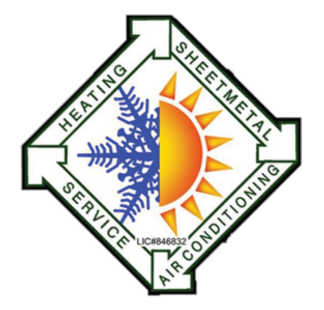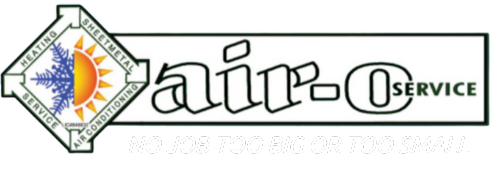
Frequently Asked Questions About HVAC Services
Air-O Service HVAC Q&A: Redding, CA’s Trusted HVAC Experts
Our Indoor Air Quality Services
Air-o Service is here to help you stay comfortable year-round with top-notch HVAC solutions. Below are some frequently asked questions to help you understand your heating, ventilation, and air conditioning system, along with expert advice from our team.
Q: What does HVAC stand for, and what does it include?
A: HVAC stands for Heating, Ventilation, and Air Conditioning. It covers systems that heat, cool, and ventilate your home or business, including components like furnaces, air conditioners, heat pumps, air filters, and ductwork. Proper HVAC function ensures year-round comfort, energy efficiency, and good indoor air quality.
Q: How often should I have my HVAC system serviced?
A: We recommend scheduling HVAC maintenance twice a year—once in the spring for your air conditioning system and once in the fall for your heating system. Regular maintenance helps catch minor issues before they become major problems, extends the life of your system, and keeps it running efficiently.
Q: What are the signs that my HVAC system needs repair?
A: Common signs include unusual noises, uneven temperatures, increased energy bills, strange odors, or reduced airflow. If you notice any of these, it’s best to call us for a professional inspection. Addressing issues early can help prevent costly repairs or system breakdowns.
Q: How can I improve my HVAC system’s energy efficiency?
A: There are several ways to boost efficiency, including regular maintenance, changing filters every 1 to 3 months, sealing ducts, and installing a programmable thermostat. Upgrading to a high-efficiency system is also a great long-term investment for energy savings.
Q: What size HVAC system do I need for my home or business?
A: System size depends on various factors, including the building’s size, insulation, and local climate. An oversized or undersized unit can lead to inefficiency and discomfort. Our team can perform a load calculation to determine the right size and type of system for your space.
Q: What’s the difference between a heat pump and a traditional furnace?
A: A heat pump is an all-in-one heating and cooling system that transfers heat rather than generating it, making it more energy-efficient. A traditional furnace, on the other hand, burns fuel (like gas or oil) to produce heat. Both systems have unique benefits, and we can help you choose the best option for your needs.
Q: How often should I change my HVAC air filter?
A: Generally, you should replace standard filters every 1 to 3 months. However, if you have pets, allergies, or live in a dusty area, more frequent changes may be necessary. Clean filters help maintain airflow, improve air quality, and extend your system’s life.
Q: What is zoning, and how does it work with HVAC systems?
A: Zoning allows you to control the temperature in different areas (zones) of your home or business separately. It’s achieved by installing dampers within the ductwork and using multiple thermostats. Zoning can improve comfort, reduce energy costs, and eliminate hot or cold spots.
Q: Should I repair or replace my old HVAC system?
A: If your system is over 10-15 years old, requires frequent repairs, or has lost efficiency, it may be time to consider a replacement. Our team can evaluate your system’s condition and help you decide if repairs are sufficient or if an upgrade will offer long-term savings and improved comfort.
Q: What is a programmable thermostat, and is it worth the investment?
A: A programmable thermostat allows you to set specific temperatures for different times of the day, reducing energy use when you’re away or asleep. It’s a cost-effective way to improve HVAC efficiency and can lead to significant energy savings over time.
Q: How can I improve the lifespan of my HVAC system?
A: Regular maintenance is key to a long-lasting HVAC system. Scheduling professional tune-ups, keeping filters clean, clearing debris around outdoor units, and addressing any issues promptly all help prolong the life of your system and ensure optimal performance.
Do You Still Have Questions? Contact Us!
If you didn’t find the answer you're looking for, we’re here to help. Reach out to us for expert advice and personalized solutions!







